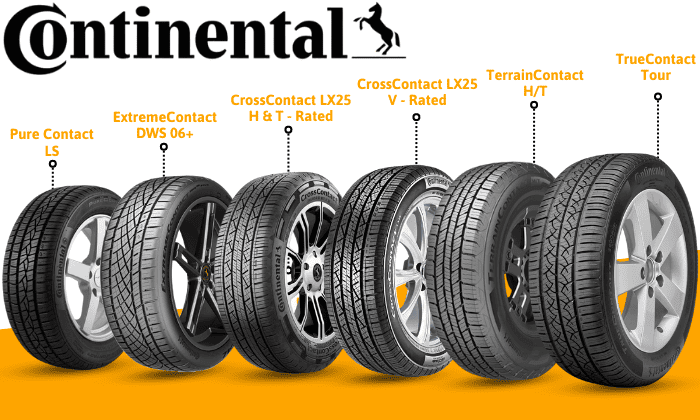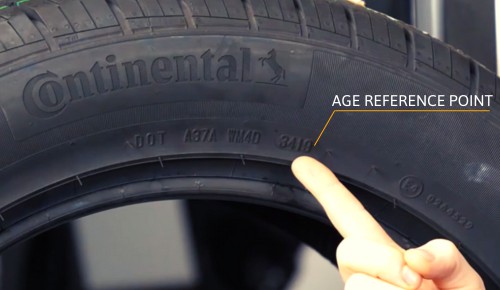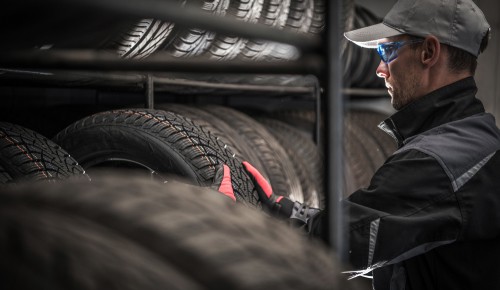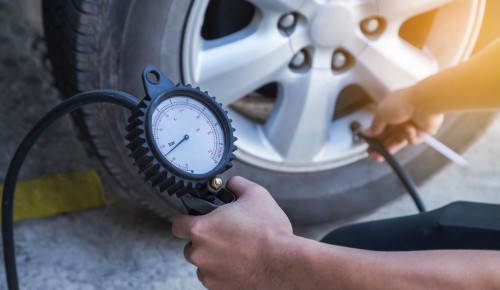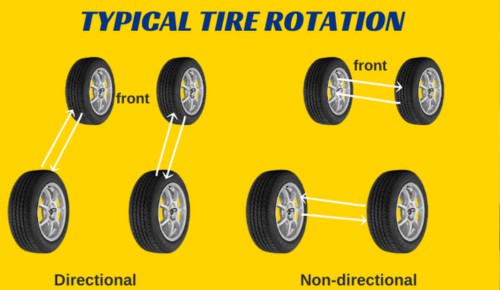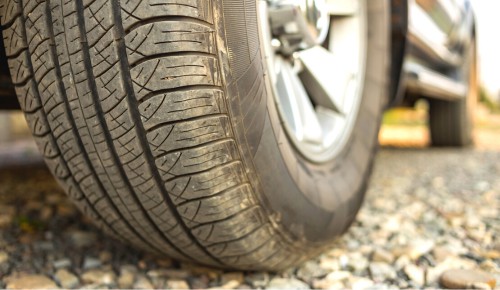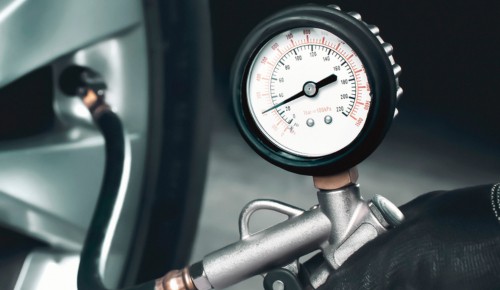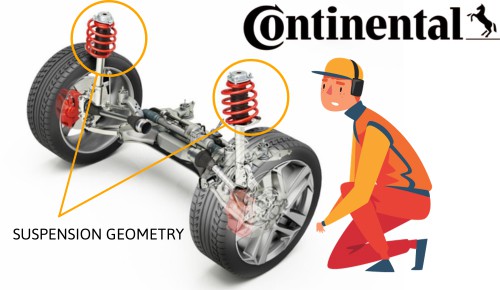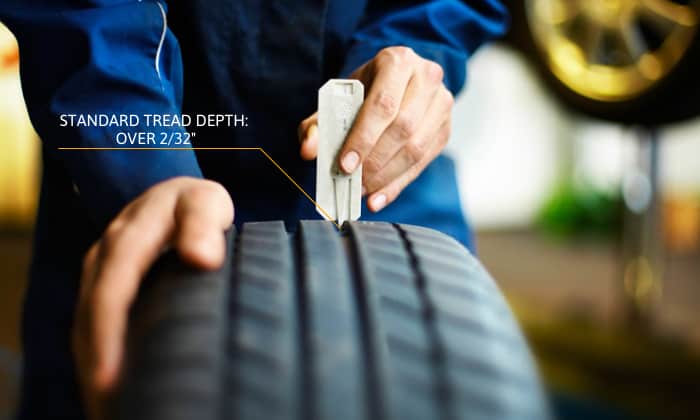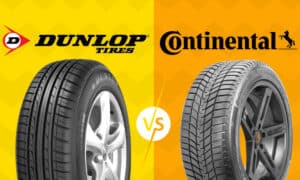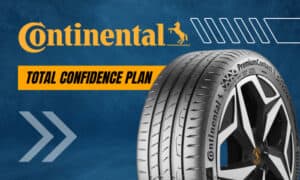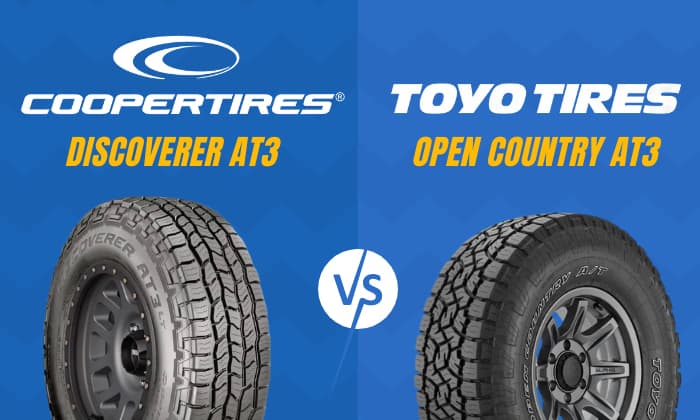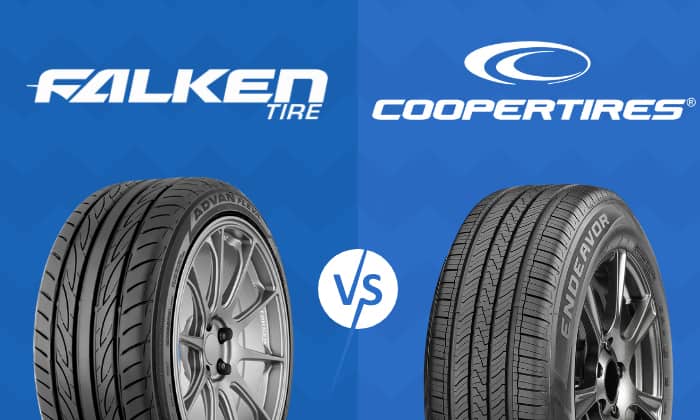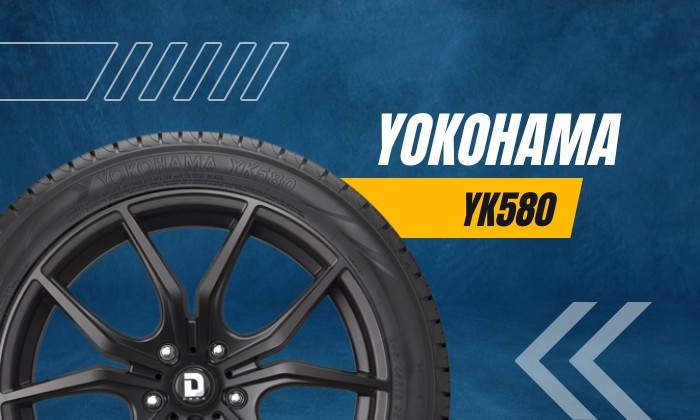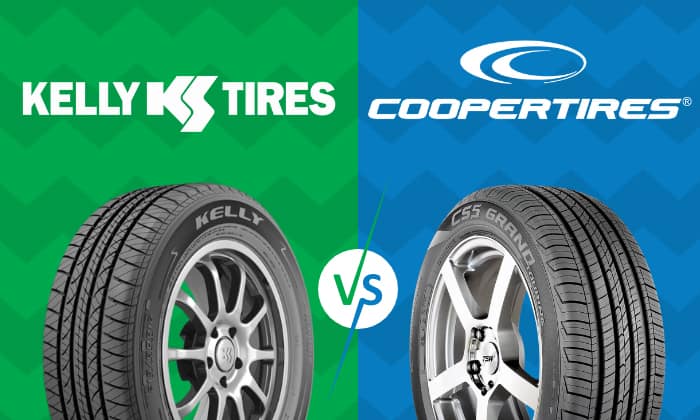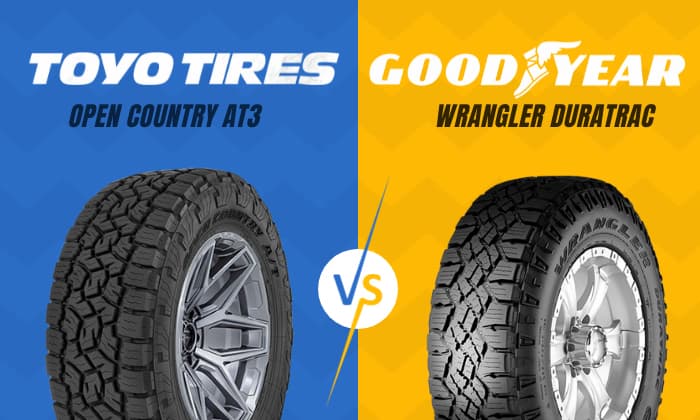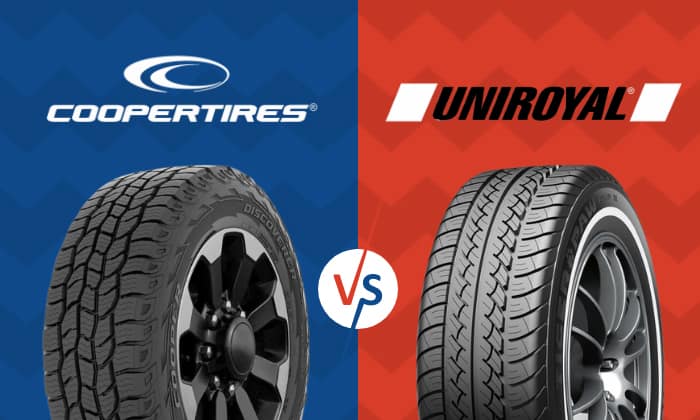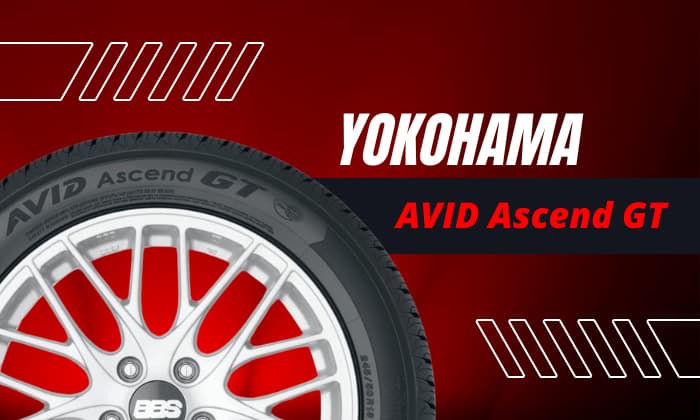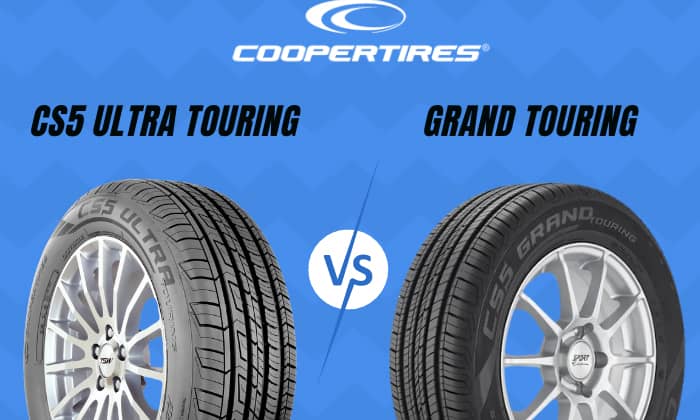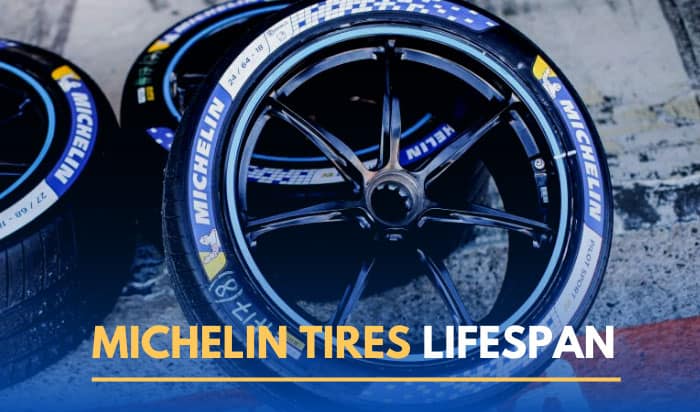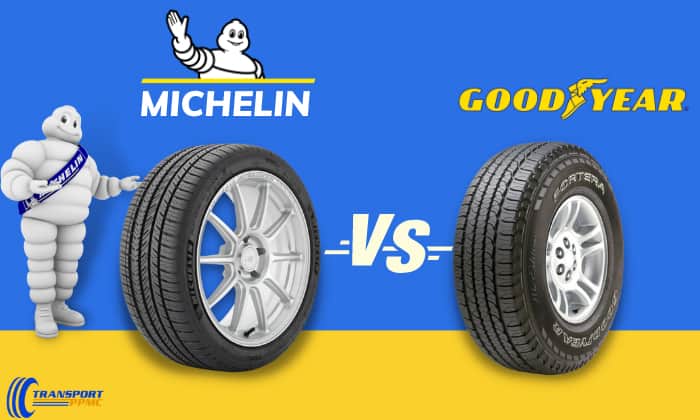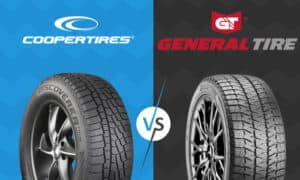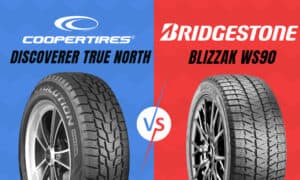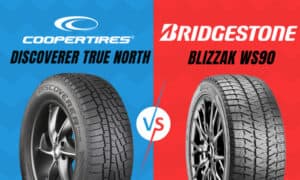Continental tires have consistently been one of the top tire manufacturers out there. However, what about their durability? Let’s discuss the question, ”How long do Continental tires last?”
Right off the bat, the results depend on your tire type and how you use it. But for ballpark numbers, Continental products typically last for 15,000 and 70,000 miles or 24,140 to 112,654 in km.
So, how can you maximize your Continental tire longevity and more? Find out below!
Table of Contents
How Long Are Continental Tires Good for?
As mentioned above, Continental tires can potentially last for a very long time. In fact, one of their tires, the Continental TrueContact Tour, can reach up to 80,000 miles, taking into account the tire’s mileage warranty.
However, it’s also worth noting that a design with low mileage or high-mileage warranty isn’t everything. A tire’s UTQG rating can also be a great reference point in determining how many miles it would last.
If you don’t know how a UTQG or Uniform Tire Quality Grade rating works, the first number indicates the tire’s tread wear in comparison to the Department of Transportation’s reference tire. Then, the first letter indicates traction, while the last one indicates temperature tolerance.
Here’s a table for some of Continental’s most popular tires for a more comprehensive guide.
|
Tire |
Mileage Warranty |
UTQG (Highest Ratings) |
|
| Miles | Kilometers | ||
| Pure Contact LS | 70,000 | 112,654 | 700 A A |
| ExtremeContact DWS 06+ | 50,000 | 80,467 | 560 AA A |
CrossContact LX25
|
70,000 | 112,654 |
740 A B |
| 65,000 | 104,607 | ||
| TerrainContact H/T | 70,000 | 112,654 | 800 A B |
| TrueContact Tour | 80,000 | 128,747 | 800 A A |
Regarding the tire’s life expectancy, Continental typically has a 3-6 year tire age limit, depending on how much the car is used. And if you’re wondering if this is good enough, well, the average life of tires is about 4 to 5 years.
Factors Affecting Continental Tire Lifespan
1. Age
The age of tires can have a substantial impact on how long they last. Always check Continental tyre manufacturing date (the last four numbers in the DOT code) to get a reference point for when your product was manufactured and the tire’s age limit.
Although some designs can last for as long as 6 years, consider replacing them after this timespan. As months go by, elements like temperature variations, maintenance, storage conditions, and usage patterns can affect your Continental tyre life.
2. Tire width
Wider tires offer a larger road contact area, decreasing ground pressure, which extends the tire’s lifespan and improves handling. However, this design has the disadvantage of increasing fuel consumption and being less grippy on snow.
3. Overinflation
Excessive tire pressure raises center wear due to increased ground pressure. Use a pressure gauge when inflating your wheels, and do not exceed the manufacturer’s recommended PSI.
4. Driven axle
Vehicles can either be FWD, RWD, or 4WD. Follow the right tire rotation pattern for your car, or have a professional switch and move your tires to avoid hassle. This measure helps ensure even treadwear and better traction.
5. Road surface
Aggressive driving on rough roads can substantially shorten your tire’s lifespan. Do not use summer tires in winter conditions or regular rubber on muddy, rocky terrains.
Have proper tire types for each driving situation to prevent premature wear due to extreme temperatures (under 45℉ for summer tires and above 45 degrees for winter models).
6. Tread compound
During tire development, manufacturers balance wet grip, wear, and rolling resistance, ultimately sacrificing one or several aspects for another. Soft compounds wear faster but provide better grip compared to harder compounds.
7. Driving style
Aggressive driving, like strong acceleration, braking, and fast corners, wears tires faster. So, be sure to drive more gently when commuting or when you’re not on the race track.
8. Underinflation
Insufficient tire inflation under heavy loads causes slippage at the tire shoulder-center contact patch, increasing wear and shortening lifespan.
9. Suspension geometry
Poorly adjusted steering and suspension can hurt a tire’s lifespan, causing uneven shoulder wear.
10. Engine power
Powerful cars with higher torque can lower tire mileage if not equipped with UHP tires. These designs have special silica and tread patterns to handle high speeds while maintaining stability. Standard rubber wheels won’t fit supercars as well.
Extending the Life of Continental Tires
There are plenty of factors that can affect how many miles your tires will eventually reach. However, one of the most surefire methods to check tire integrity is to determine tread depth.
To do so, visually inspect the depth, evenness, and wear bars in your tire’s treads, as well as your sidewall, for damage. Remember, in the U.S, tires must have a tread depth of over 2/32″ to meet legal safety standards. If your tires are nearing this limit or fall below it, consider replacing them.
And if your tires meet warranty claim requirements, contact Continental for free replacements or repairs.
That said, to extend your tire’s lifespan and even exceed a normal tire life, always do routine maintenance like tire alignment, balancing, and rotation. Drive gently, check your tire pressure, and use the appropriate tire for the occasion.
You also can see more opinions from other drivers here.
Conclusion
I hope we’ve shed some light on ”How long do Continental tires last?” Judging by our findings, they can last for up to 6 years if you take really good care of them. Moreover, always be aware of the factors that can affect tire lifespan as well.
By doing so, you’ll have the luxury of performance, safety, and durability from premium Continental tires for many years to come.




